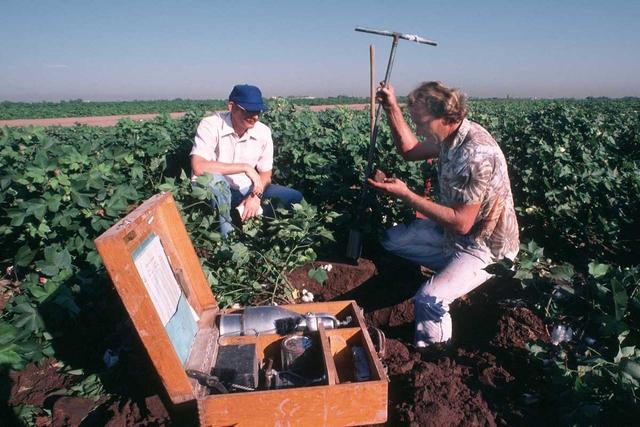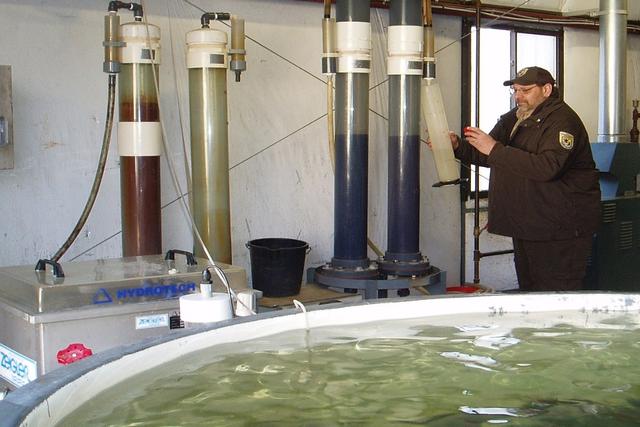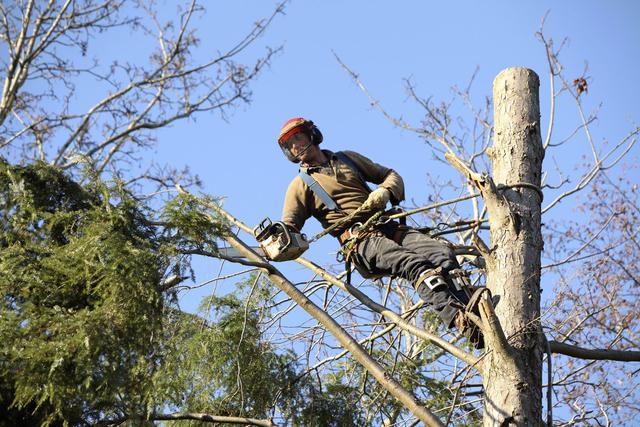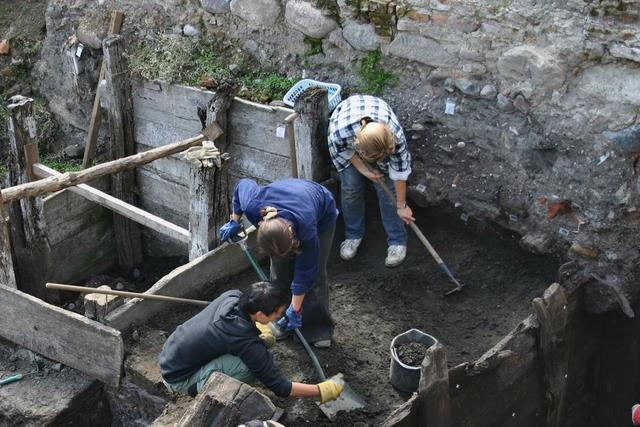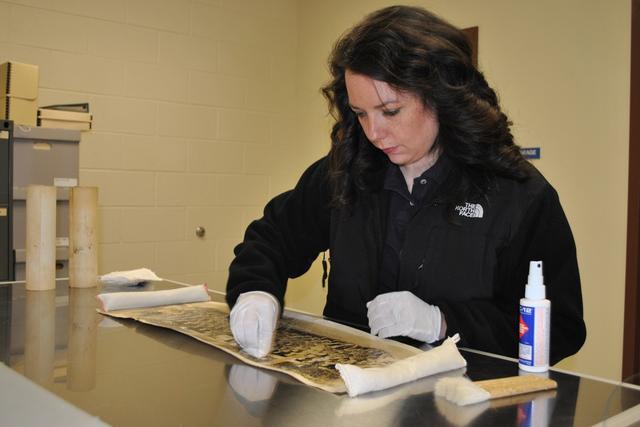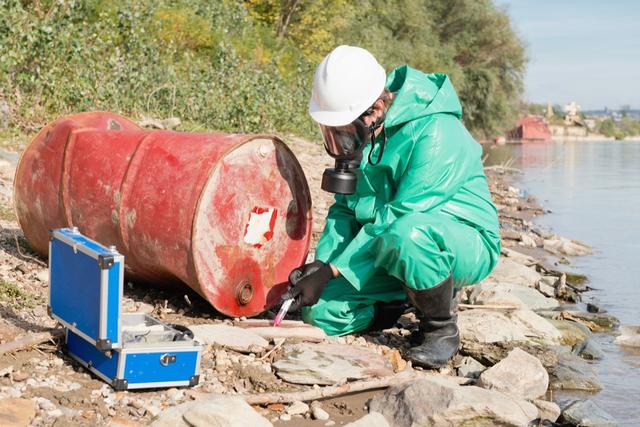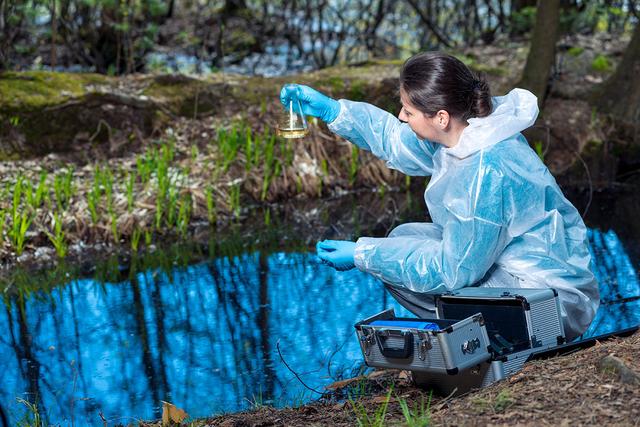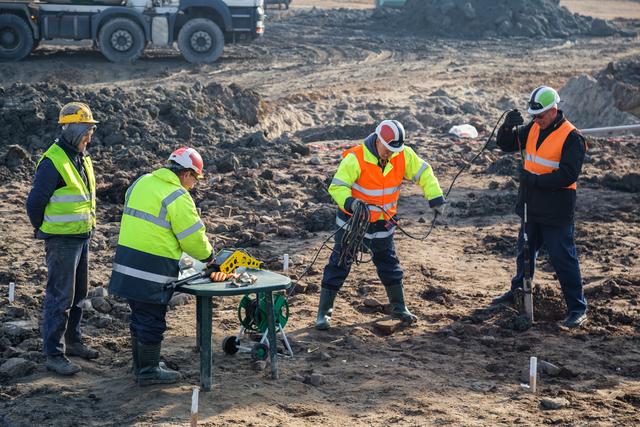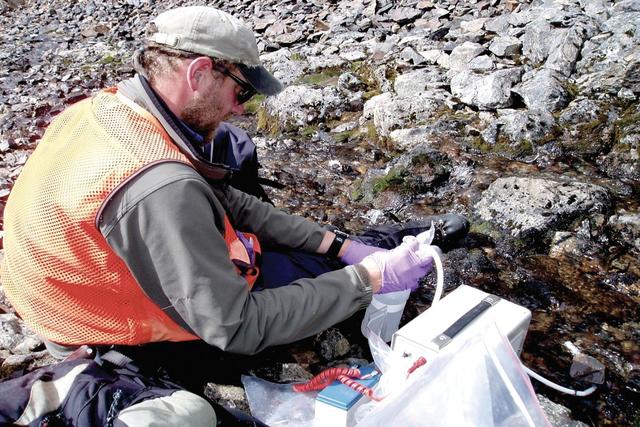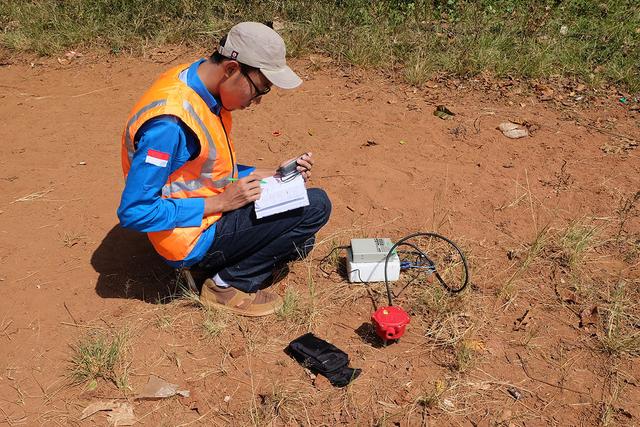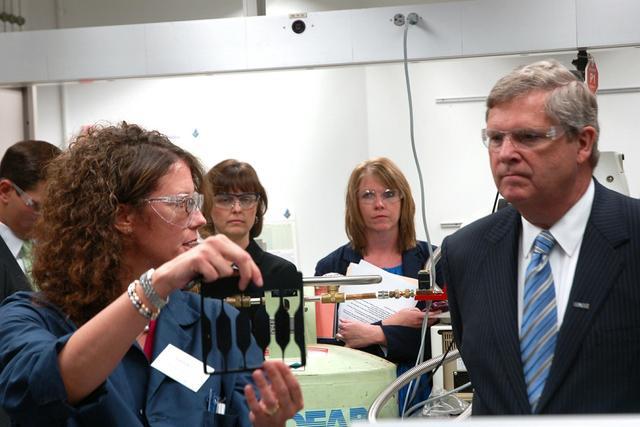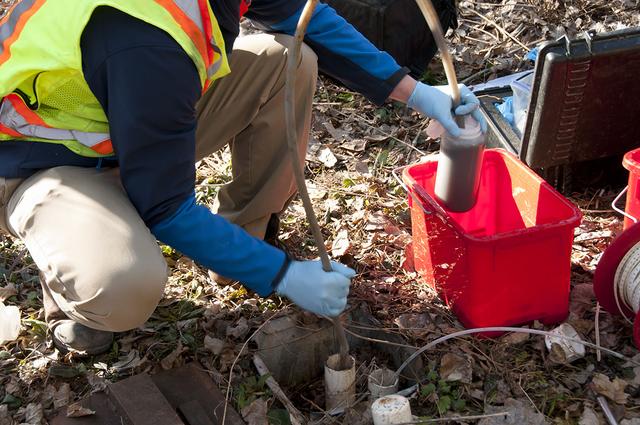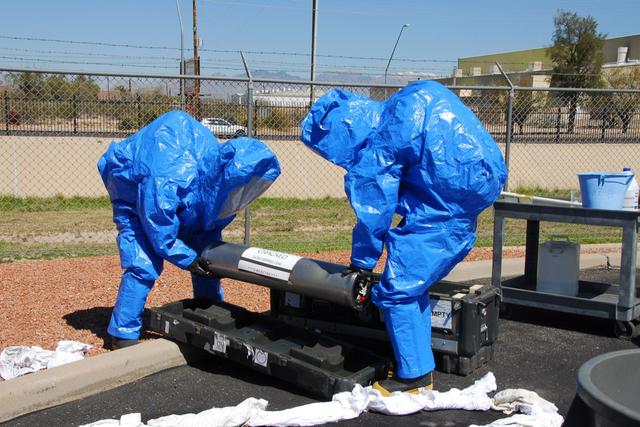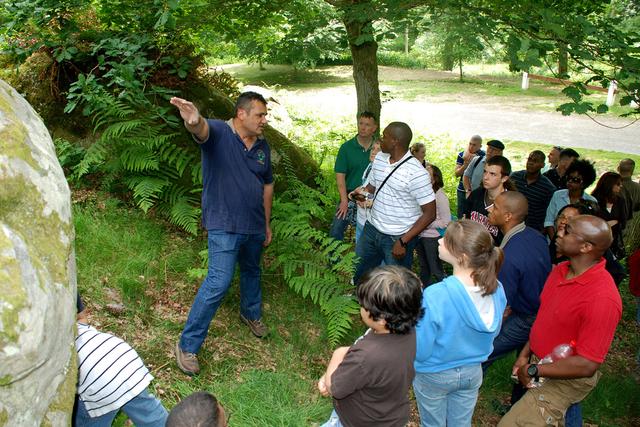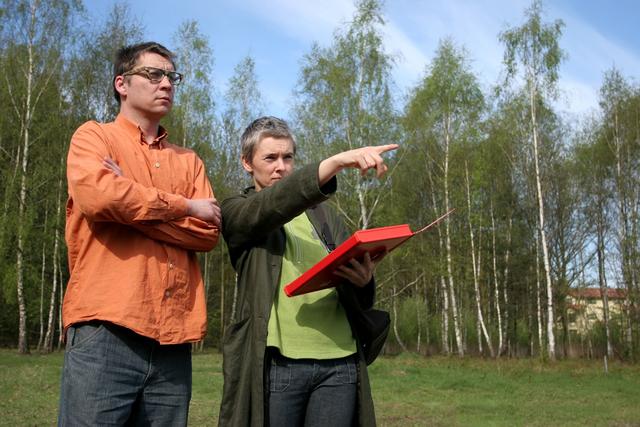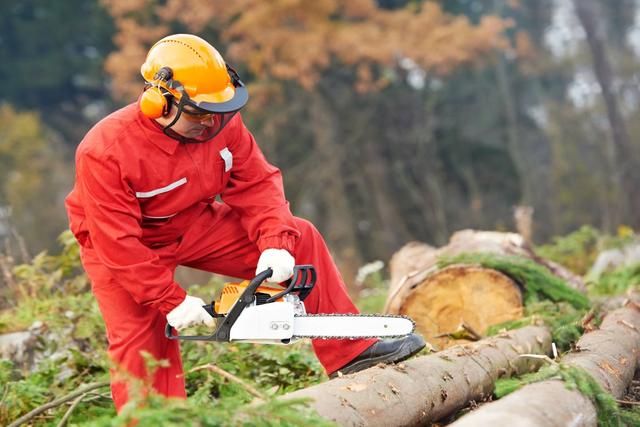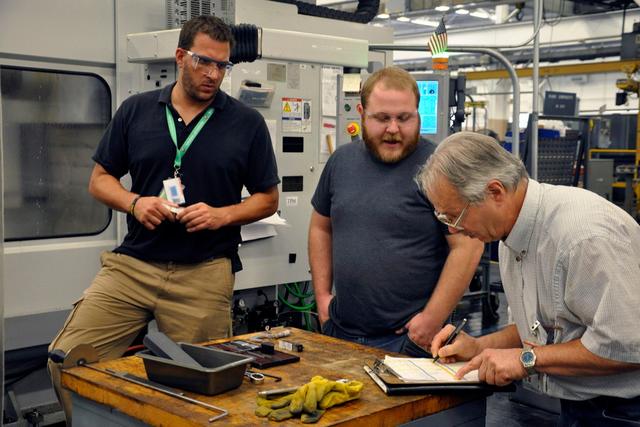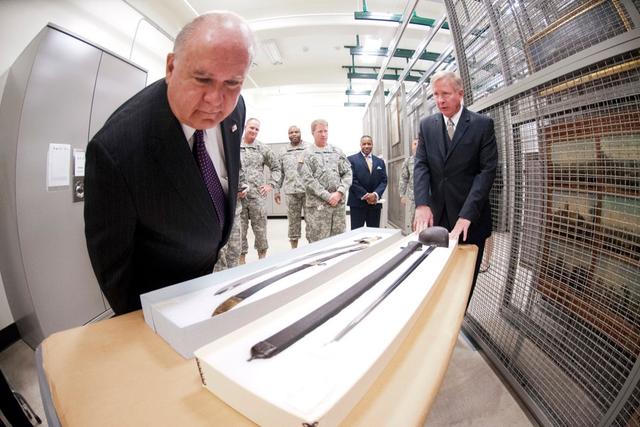Forestry Technicians
Overview

Introduction
Forestry technicians work as members of a forest management team under the direction of a professional forester. They collect data and information needed to make decisions about resources and resource depletion. They also help plan, supervise, and conduct the operations necessary to maintain and protect forest growth, including harvesting, replanting, and marketing of forest products. Forestry technicians understand the inventory methods and management skills required to produce wood fiber and forest products. They help manage fores...
Quick Facts
Median Salary
Employment Prospects
Minimum Education Level
Experience
Skills
Personality Traits
Earnings
Salary levels vary greatly depending on employer and area of forestry. According to the U.S. Department of Labor, median wages for forest and conservation workers were $33,940 in May 2023. The top paid 10 percent of forest and conservation technicians earned more than $50,450, and the bottom paid 10 percent earned less than $28,600 a year. Fifty percent of forest and conservation workers earned...
Work Environment
Working hours for forestry technicians are fairly normal. Most technicians work eight-hour days, five days a week. In case of fires or other unusual situations, however, longer hours may be necessary.
Some of the work is physically demanding. In addition, technicians working in the field may occasionally have to deal with hazardous conditions such as forest fires.
For many technic...
Outlook
Employment for forest and conservation technicians is expected to decline through 2033, according to the Occupational Outlook Handbook (OOH). Some tasks are being automated, which is reducing the need for technicians. One example: remote sensing technology is replacing the need for technicians to conduct tree counts and tree identifications.
Most job openings will result from te...
